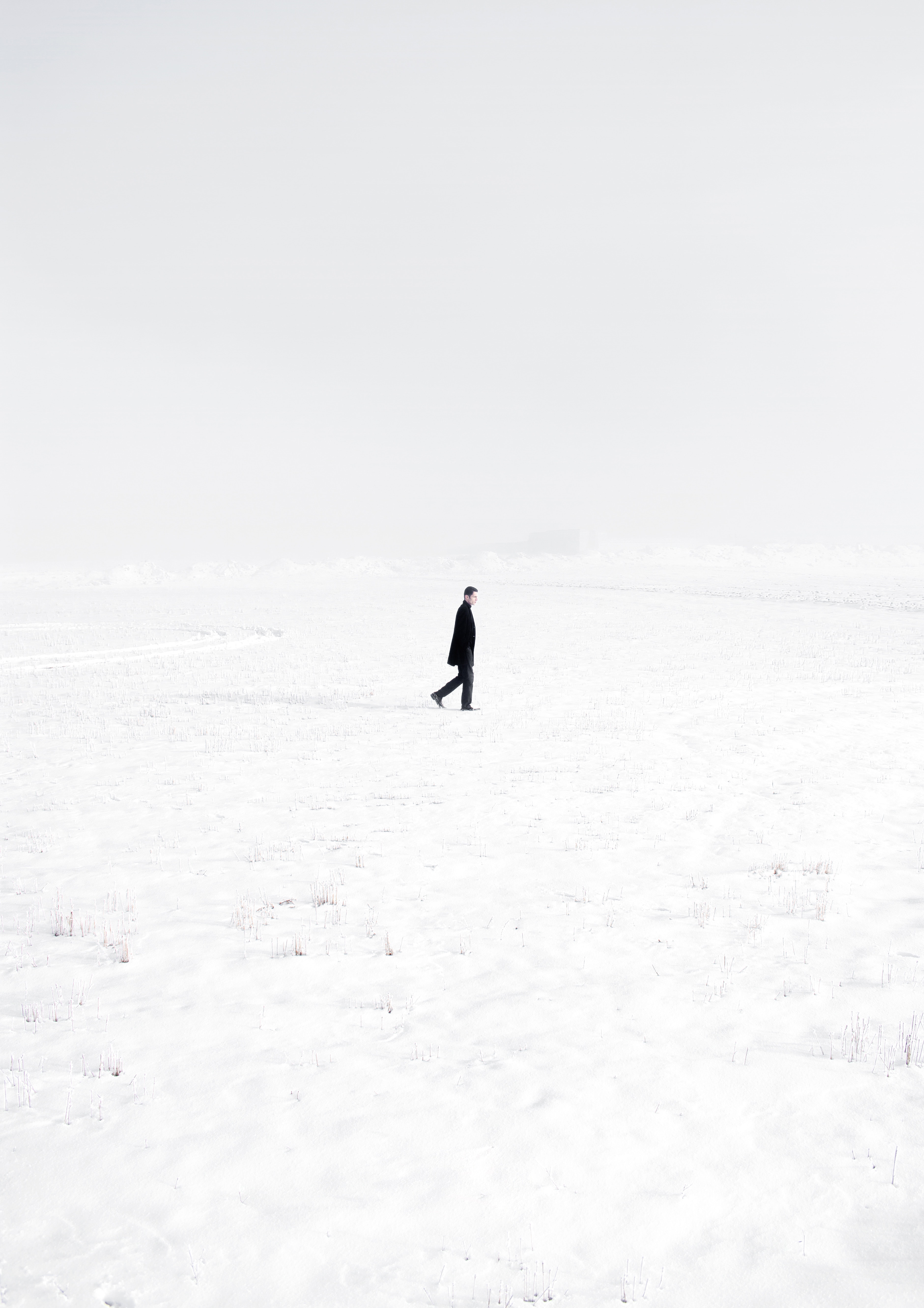
In 2005, Bill McKibben wrote an influential and widely regarded essay in which he asked where the novels, or poems, or plays, about climate change were. He stated that though people know roughly about the issue, it hadn’t yet registered in their gut; it wasn’t part of the culture. Similarly, Robert Macfarlane, in a 2005 article for The Guardian, enquired where exactly the literature of climate change was, where the creative response to “the most severe problem faced by the world” was. It is a long way from 2005, global warming is in the public consciousness even if they don’t really Think about it in the full sense of the term think (perhaps because facing the reality frightens) and we have a lot of fiction dealing with the issue of climate change now. However, this essay would argue that some of the fundamental issues not having changed, there remain serious problems with most of that kind of literature and an alternative writing is necessary.
Climate change fiction is perhaps better known by its sobriquet cli-fi. It is, at this point in time, a swiftly blooming literary genre under the broader rubric of speculative fiction. These works are of the nature of dystopias, but they are usually and broadly speaking post-apocalyptic narratives. But the average vision of the traditional post-apocalyptic narrative is a deeply problematic one laden with a serious pitfall.
Such works almost invariably seem to set or center themselves in a future that is distant, whether that is in terms of time’s progress or in terms of the gestalt of a different ‘world’ or ‘earth’ whose setting is futuristic as compared to our own planet Earth, beset with a whole host of terrifying and distressing occurrences. That doesn’t really help, because if a text is reduced to the level merely of a doomsday story, what it does is to paralyze and intimidate. That takes away a scope for genuine engagement by an audience with the text. It does worse. It in fact adds fuel to the charges and cries of alarmism bayed by howling skeptics nowadays.
What is needed is a whole different kind of literature, a literature that moves, that deals with encounters, engagements, navigations and maneuverings in an environment that is at odds with anything known to humanity, in fact to humanity’s very identity or values. This would be akin slightly perhaps to the kind of thing known as an adjustment narrative, the sort of fiction used by expatriates in their attempts to gradually adjust to the realities of a new place. And the realities of the work or earth in such a text would be very new indeed, with the whole natural environment being radically different. But this would not mean it was just getting deluged one after another with hit after hit of natural disasters.
Such works, on the contrary, should rather be exploring questions about biodiversity, biomes, the biosphere and, teeming within its pages, should be examinations of humanity’s and non-human actor’s reactions to each other within this new and different environment. These works should involve a treatment and handling of the entire new systems as lived orders, with explorations of the non-human actors in the ecosystem in their own right and seen as part of the whole lived order of the system, in a fleshed out manner. One would be interested to see in the stories what happened, what came about, as a result of interactions.
This would enable a facing in text of the different kinds of choices we are facing in fact and will need to be able to choose between for we are about to be required to make one or the other in the near future. It is only through such nuanced and diverse narratives that we could hope for there to be a chance for readers to be influenced into meaningful questioning and actions. Such is emphatically required, for it is only such readers who would be making up the civil society that could voice opinions and put pressure upon their elected representatives.
Moreover, if we do not have this kind of literary creation soon, the public consciousness in this regard runs the risk of becoming a stiffened, lifeless thing- conscious of the overall fact that there is a risk, but willing to do nothing about it. If that becomes the scenario that pans out, we will be terribly unprepared in our minds, in our lives and our habits, in the ways that we work and do business, to cope with the changes that are coming.

